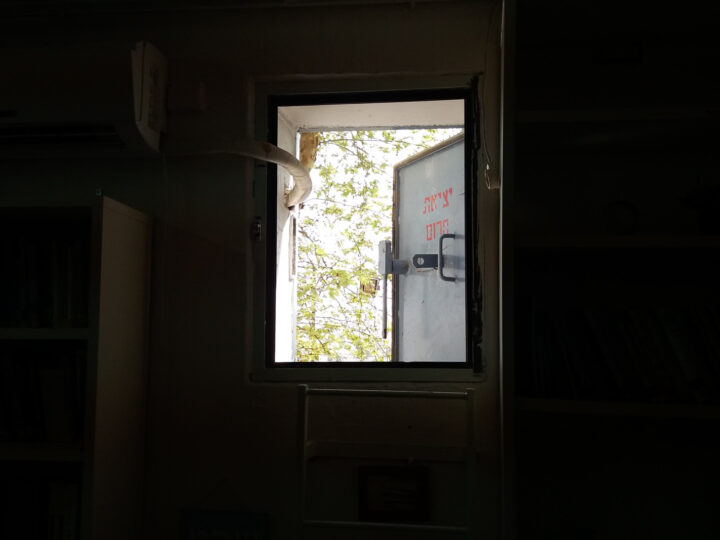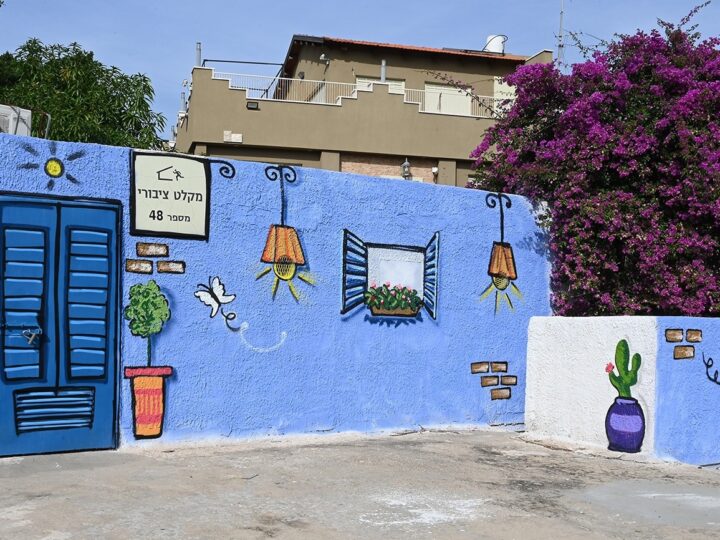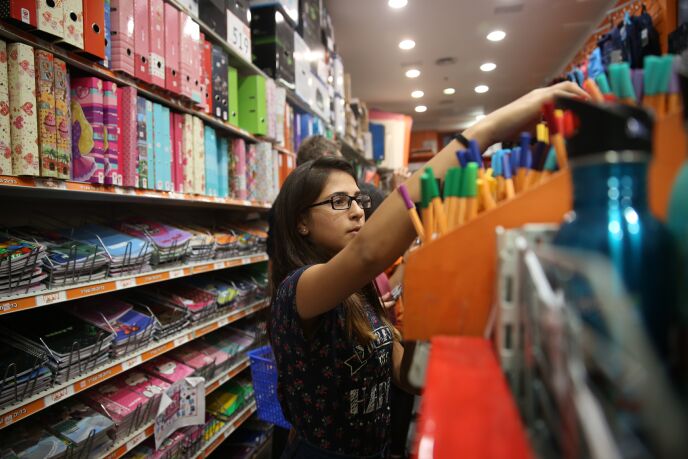
The beginning of the school year is usually a time to bid summer vacation farewell and return reluctantly to a routine of early-morning alarm clocks, classroom learning and homework. This year in Israel, the idea of a daily routine is actually longed for.
“The bottom line is everyone welcomes routine; it gives us a sense of safety. No matter how much children say they hate school, kids are now saying they want to go to school and see friends and have normal lives,” school psychologist Naomi Baum tells ISRAEL21c.
The summer of 2014 did not serve up a relaxing vacation. The incessant Hamas rockets fired at Israeli communities from Gaza, the IDF’s heavy losses, the Code Red sirens sending more than half the country running for shelter, have taken a toll on Israeli children, parents and teachers.
“You can see they’re more nervous and sometimes it comes out in different forms of behavior. They say they’re scared and they ask questions. [The war] ruined the end of their school year and summer vacation,” Effie Moradian, a father of three children in Ashkelon, tells ISRAEL21c. “We had many plans for them. We were supposed to go on fun trips and everything was canceled. Day camp was paid for and canceled.”
It wasn’t until the end of last week that the Education Ministry, together with the Home Front Command and local authorities, agreed that school will begin on September 1 for all of the country’s pupils.
There are 2,105,394 students from first-grade through 12th grade registered for the school year. Of them, 149,705 will be greeted by the traditional Shalom Kita Alef (Welcome to First Grade) on Monday.
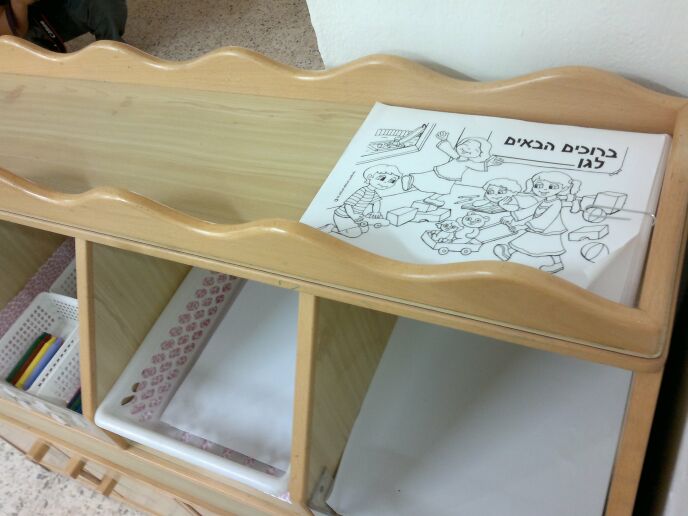
Talking it out
The Education Ministry announced that schools across the country will dedicate the first two weeks to discussing Operation Protective Edge, in the hope of addressing children’s emotional needs.
Baum, who until recently directed the Resilience Unit at The Israel Center for the Treatment of Psychotrauma, says talking about the war in the classroom is supremely important.
“This is current events. You can’t go back to school and not talk about it. As adults, we have to help children express their emotions,” she says.
“When you talk about this difficult thing that’s happened you always run the risk of re-traumatization. On the other hand, for most people who have experienced difficult events this is therapeutic, and allows them to put it into a story they can tell.”
She notes that almost every Israeli school has staff guidance counselors or psychologists or both. Teachers were invited to workshops and given reading material on how to approach the subject.
“The teachers know a lot of this stuff already but they have to be reminded that they’re our best mental-health allies; they see the kids every single day,” says Baum, who led some of the workshops. “There will be kids who are stressed out, but the majority of people are resilient in difficult situations.”
Maxine Tsvaigrach, an English teacher in Ramat Hasharon, tells ISRAEL21c: “My biggest worry is how I am going to deal with the war in the classroom. What are we going to talk about, what angle to take? Everything is so politically charged — no matter what you decide to talk about, you could be treading on very dangerous ground.”
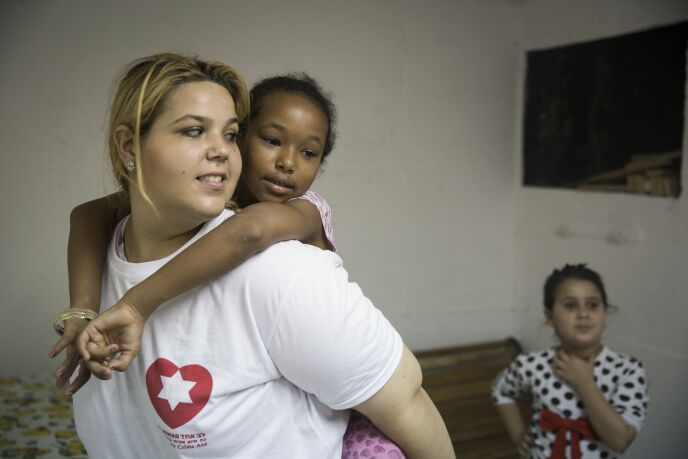
Parental concerns
Even before it was clear that school would resume on time, back-to-school sales of clothing, backpacks, lunchboxes and supplies took over the country’s shopping malls and advertisements. Newspapers, television shows and online news sites have run dozens of reports on how to buy the right stuff, where to get the best deals and what merchandise is most popular.
But it is still uncertain whether all parents will send their children even if school is open.
Most schools in areas hit by Hamas rockets during the summer have shelters and protected classrooms. However, parents and teachers are voicing concerns about their children’s journey to school because no one is sure the ceasefire will hold.
“It’s concerning that an alarm can go off at any moment, if you’re waiting for a bus or on a bus and not close to a safe place. It seems like a chance not worth taking. It’s unrealistic that people are presumed to do such a thing,” Jason Leib, a father of four from Kibbutz Ein Tzurim, tells ISRAEL21c.
Adds Moradian in Ashkelon: “I’m very stressed about school starting. The other day a rocket landed on a house and every day on that road on a normal morning there are kids on their way to school. Most classrooms are protected or they have a reasonable amount of time to get to protected areas, but what about on the way to school? It’s very scary.”
Yet the country’s students seem excited nonetheless to return to the classroom.
“I miss school,” says Rotem, a second-grader in Tel Aviv. “It’s fun to be with my friends.”
“It’s surreal that we’re going back to school and back to a routine. It’s a bit sad that summer vacation has already come to an end especially as we didn’t get to do anything that we had planned,” Ashkelon 12th-grader Yuval Saadon told Ynet. “I hope the year will go well and that it will be fun, and most importantly, quiet.”














